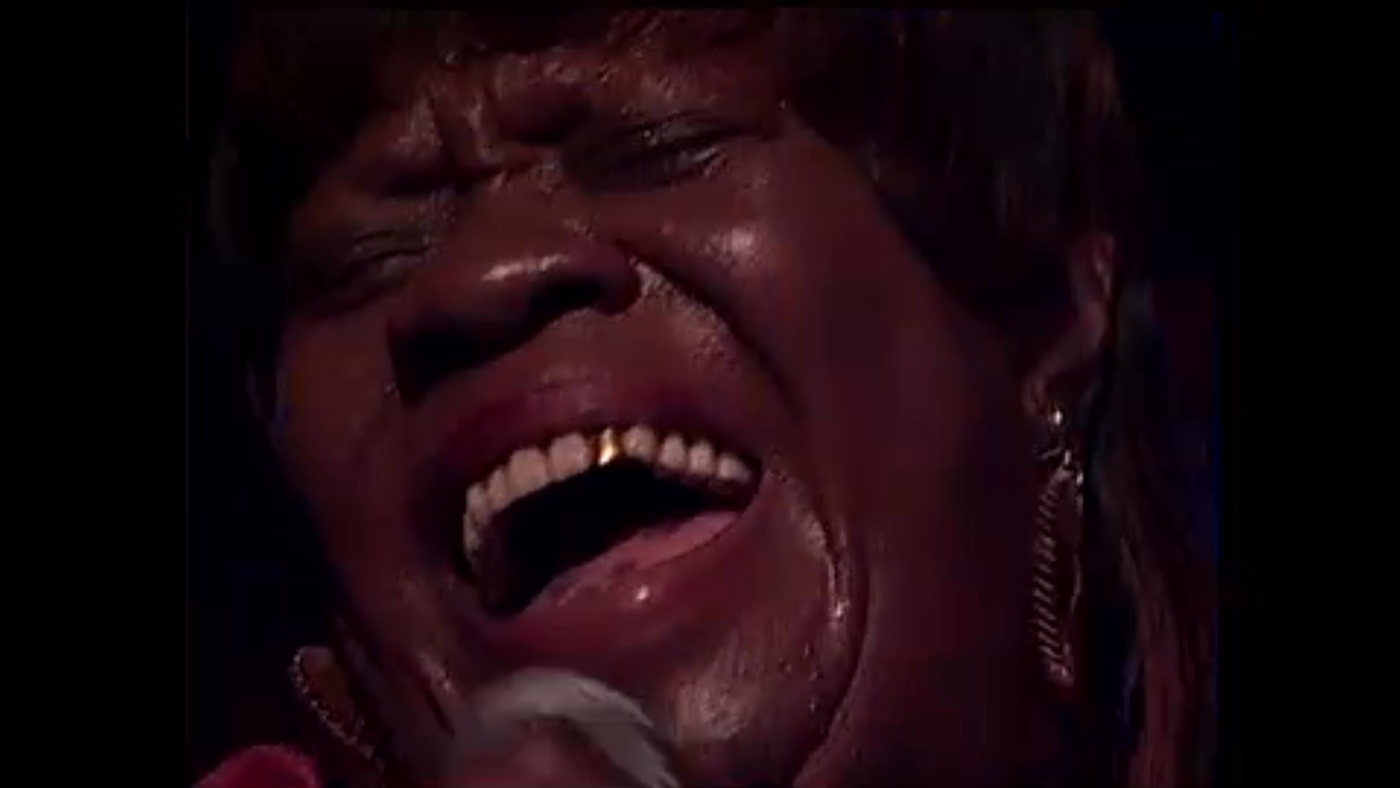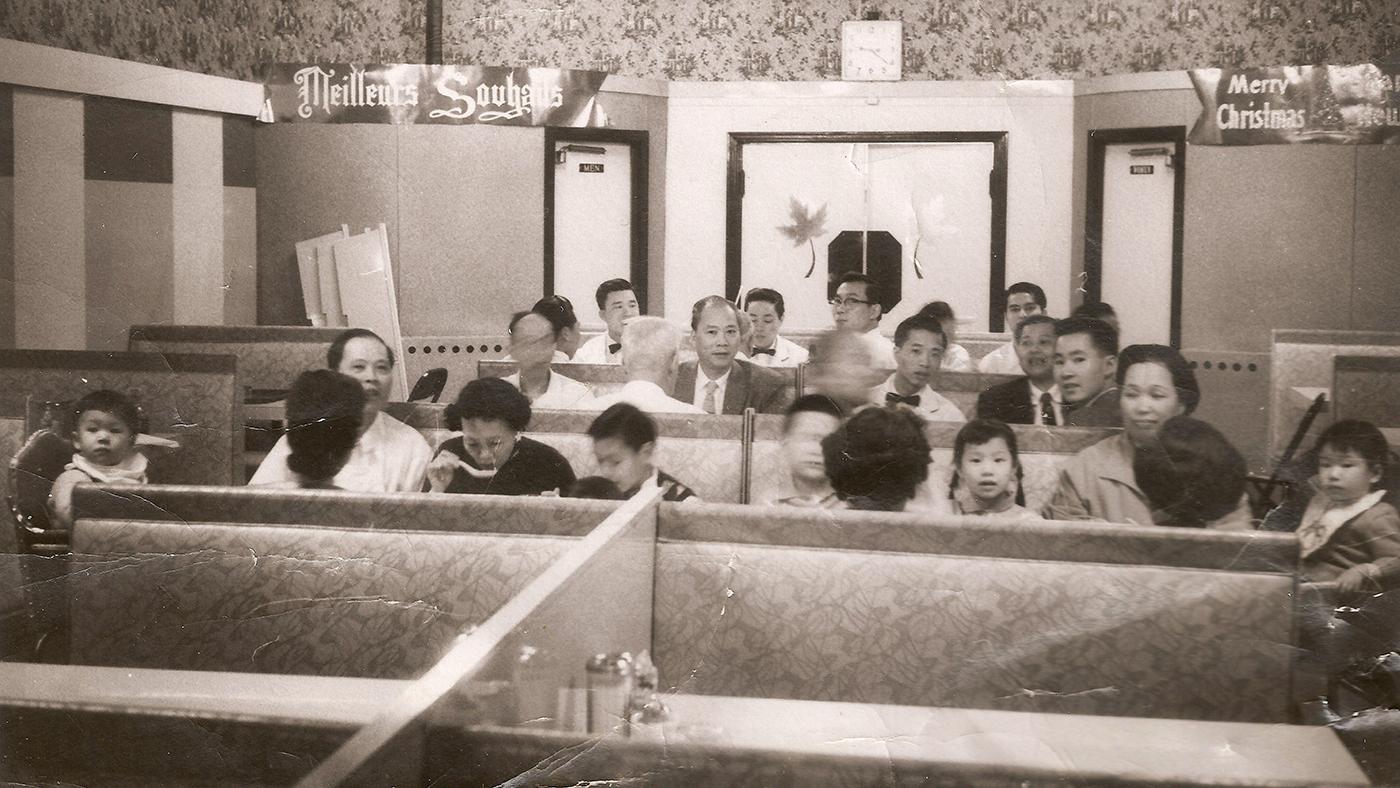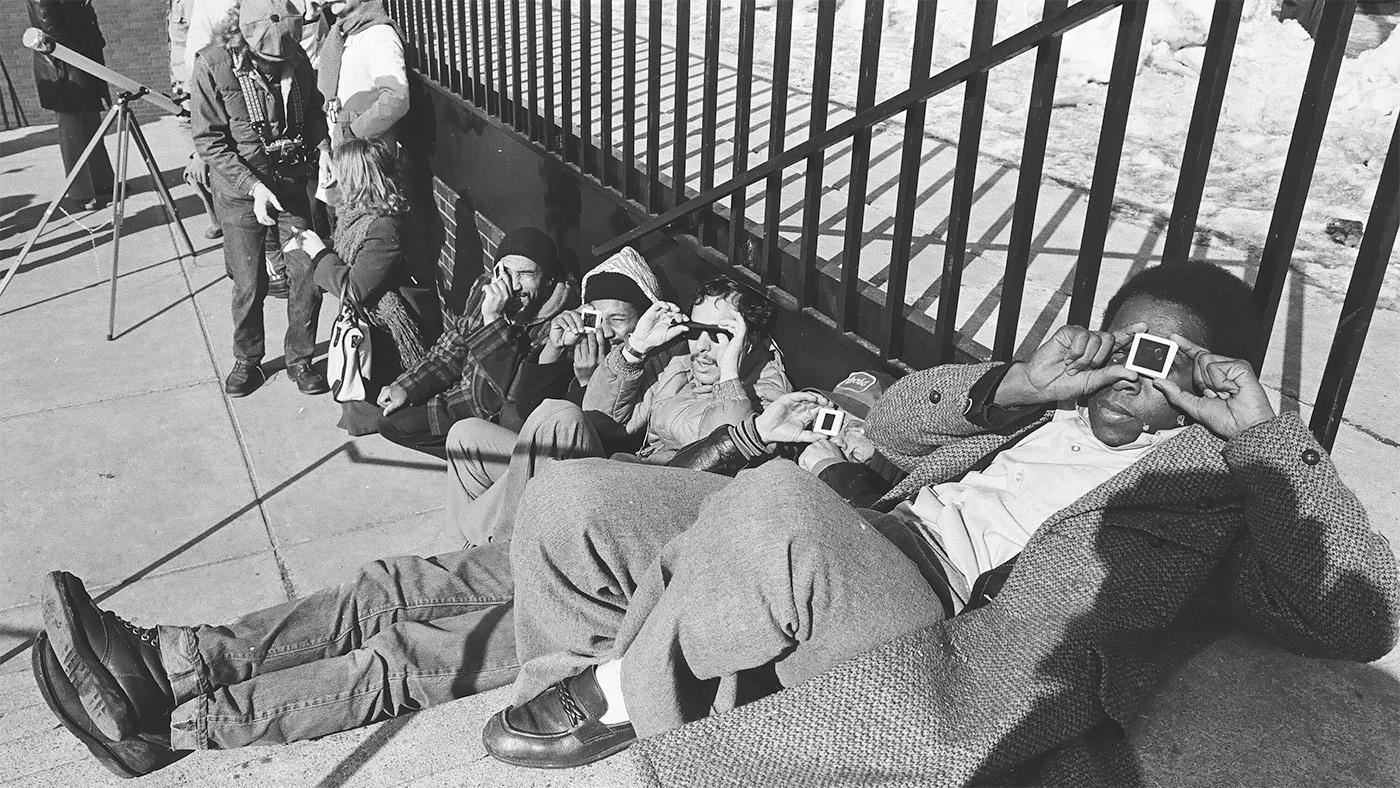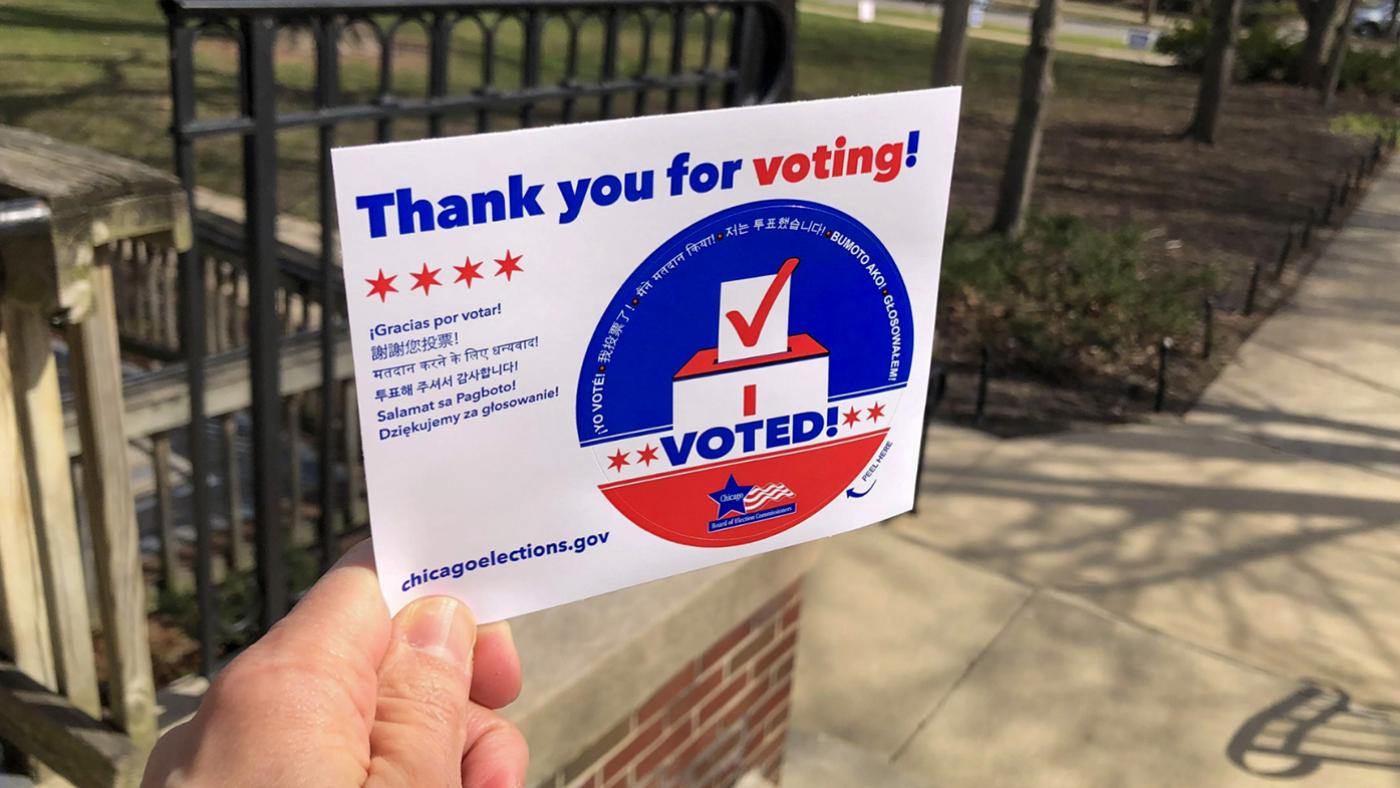Happy 90th Birthday to the Queen of the Blues
Daniel Hautzinger
September 28, 2018

The “Queen of the Blues” would turn 90 today, were she still alive. Koko Taylor’s unforgettable, raspy voice helped her become one of Chicago’s star blues musicians, as well as a powerful woman in a male-dominated genre. She was born to poor sharecroppers outside of Memphis, Tennessee and worked in the fields picking cotton. All the while, she sang, inspired by the blues she heard on the radio, in the fields, in the house, in the yard.
She came north to Chicago with her soon-to-be husband Robert “Pops” Taylor to find work. “I came to Chicago in a Greyhound bus,” she recalled. “Everything was all lit up and beautiful, and I said, ‘Good God, this must be heaven.” She began cleaning houses in North Shore suburbs to make a living. But she also attended clubs where the Chicago blues was played, and soon began performing in them when bands would call her up on stage to sing with them for a song or two.
Eventually, the songwriter, arranger, and musician Willie Dixon heard her, and brought her to Chess Records, the label for Chicago’s blues legends: Dixon, Muddy Waters, Howlin’ Wolf, Little Walter. Chess signed Taylor, and Dixon began producing and writing songs for her, including her biggest hit: “Wang Dang Doodle,” which she recorded in 1965. It topped the R&B charts for thirteen weeks and even crossed over to the pop charts. (Listen to Taylor perform some of the song with Willie Dixon and hear the meaning of the nonsensical-seeming title explained.)
But Taylor’s success came at the wrong moment. The blues was losing its popularity in the African American community as soul, funk, and R&B rose to take its place. “Wang Dang Doodle” ended up being Chess Records’ last blues hit.
White America was beginning to take notice of the blues, however, as British bands like The Rolling Stones, inspired by the Chicago blues from across the ocean, introduced the genre to a larger audience. Taylor eventually found a new label, owned, like Chess Records, by a white man: Bruce Iglauer’s Alligator Records. Iglauer initially refused Taylor, having only worked with male musicians who both sang and played an instrument, but in the face of her persistence, he relented and signed her. She eventually recorded ten albums for Alligator.
Over the course of her career, she won twenty-nine W.C. Handy/Blues Music Awards, more than any other artist. She was nominated seven times for Grammys and won one in 1984. She was the first woman inducted into the Blues Hall of Fame. But despite her achievements and accolades, she never rested on her laurels, endlessly traveling the country to perform over 100 shows a year. After her remarkable career, she died of complications from surgery at age 80, in 2009.







